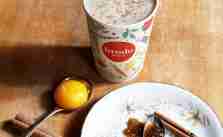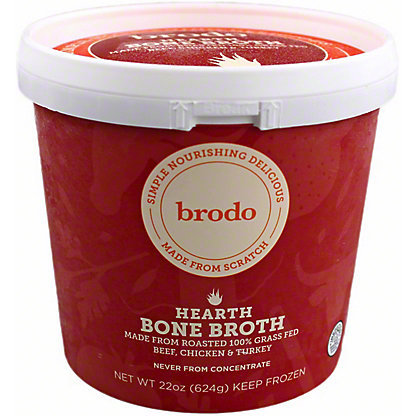Some links on this page are monetized by affiliate programs – see disclosure for details.
Collagen, the most abundant protein in the human body, is the glue that holds us together—supporting skin elasticity, joint health, and even gut integrity. As we age, natural collagen production declines (starting in our 20s!), leading to wrinkles, stiff joints, and weaker connective tissues. While supplements and skincare products dominate the collagen conversation, boosting your intake through diet is a natural, cost-effective way to support your body’s needs. Here’s how to seamlessly add more collagen—and its building blocks—into your meals as of March 24, 2025.
What is Collagen?
Contents
Collagen is a structural protein made of amino acids like glycine, proline, and hydroxyproline, found in skin, bones, tendons, and ligaments. You can’t eat collagen and have it directly plop into your skin (digestion breaks it down), but consuming collagen-rich foods or nutrients that support its synthesis can signal your body to produce more. Diet also delivers antioxidants and cofactors—like vitamin C and zinc—that protect existing collagen and aid its creation. Ready to dig in? Here are the top strategies.
Load Up on Vitamin C-Rich Foods
Vitamin C is non-negotiable for collagen production—it helps convert proline and lysine into collagen fibers. Without it, your body can’t assemble the protein effectively. Citrus fruits, berries, bell peppers, kiwi, and leafy greens are powerhouse sources.
-
How to Add It: Snack on an orange, toss strawberries into a smoothie, or sauté red peppers with dinner.
-
Tip: Aim for 75-90 mg daily (more if you smoke), easily hit with a single bell pepper (170 mg).
Do Collagen Supplements Actually Work?
Although collagen supplements can’t completely reverse the effects of aging, recent scientific studies offer hope. Edible supplements have been proven to increase skin elasticity and improve blood flow. Evidence also suggests that collagen is an effective wound healer and immune system booster. In one study, patients who took collagen supplements daily had their wounds heal twice as fast. Moreover, collagen seems to improve exercise efficiency, increasing muscle gain and weight loss.
How do I Protect my Collagen?
Since collagen has so many essential functions, it is important to preserve the collagen already in your body. A good first step is to maintain a balanced diet. Focus on getting enough vitamin C and lean proteins every day. Stay away from excessive sugars and other sources of fat. Simultaneously, maintain a consistent skincare routine and apply sunscreen whenever you are exposed to UV rays.
The next step is to focus on the future – take supplements to keep your collagen fresh and protected.
Best Collagen Supplements in 2021
1. Bone Broth
The main concern that many health specialists have with edible collagen supplements is sanitation. Ground-up animal products have historically attracted contaminants and other health hazards. While these issues have been resolved, our top choice for best collagen supplement avoids these problems altogther. Bone broth is a natural alternative that has a high concentration of collagen.
We recommend Brodo Bone Broth. The hearth bone broth is filled with hearty flavor plus zero preservatives,shortcuts, or concentrates. Brodo is a perfect blend of organic chicken, grass-fed beef, fresh vegetables, and organic turkey. This creates a savory flavor that augments its high collagen content.
See Also: TopRateTen’s Best Bone Broths
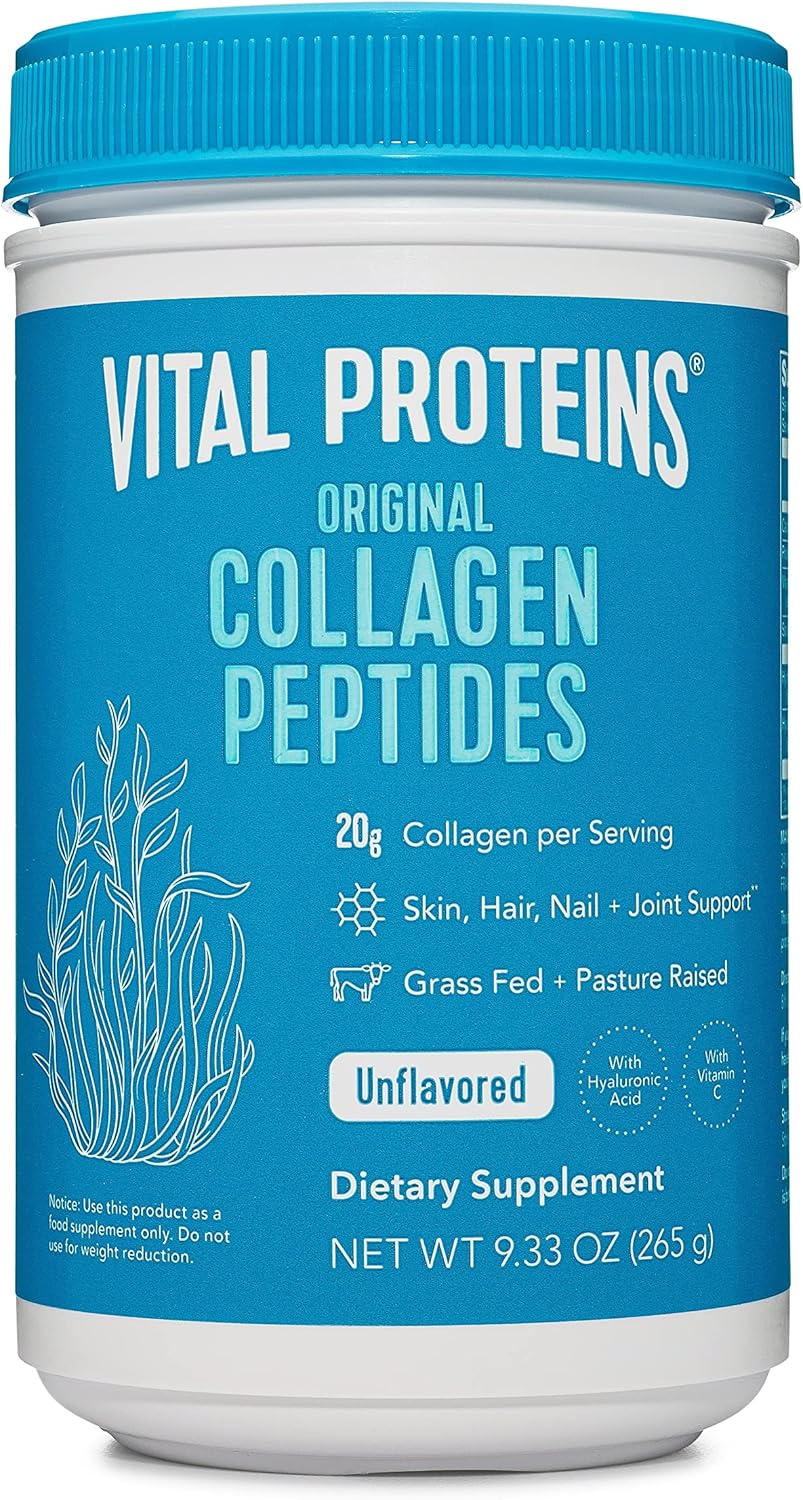
2. Collagen Peptide Powder
If you are comfortable with peptide collagen powder, it is the best collagen supplement in terms of efficiency. Many peptide collagen powders also include hyaluronic acid — another component your body needs to keep your skin feeling smooth.
For an all-natural option, try Vital Proteins Hydrolyzed Collagen. They’re an industry leader that focuses on sustainable and ethical development. Importantly, they also provide a guarantee that their product is sweetener and contaminant free.
For a vegan option, we recommend the plant-based Garden of Life Collagen Builder.
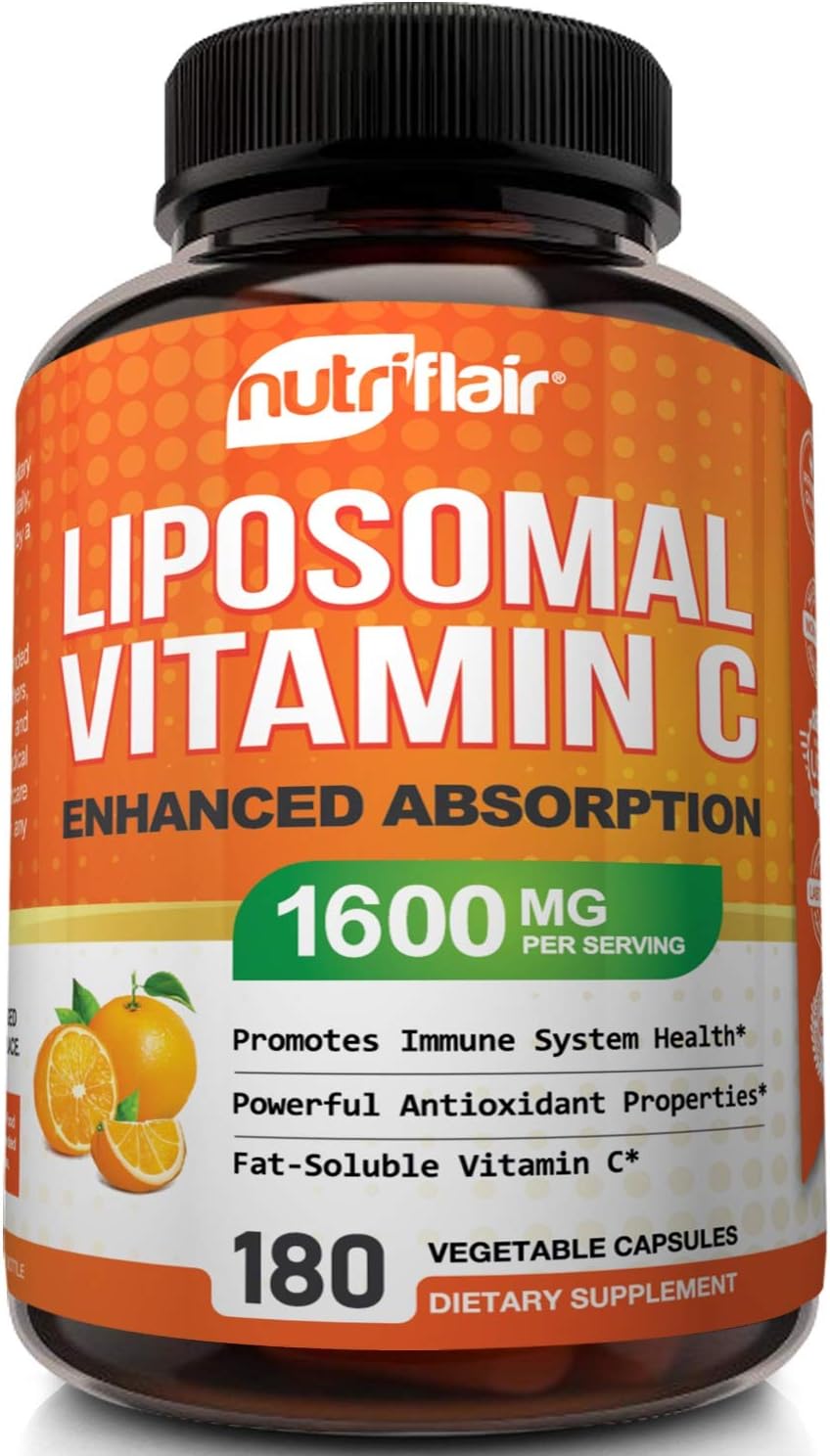
3. Vitamin C Supplement
Although vitamin C is mainly known for its antioxidant effect, vitamin C and collagen go hand in hand. While vitamin C doesn’t directly produce collagen, it stabilizes collagen proteins and helps them work smoothly. At the same time, vitamin C is a critical component of hyaluronic acid, which works together with collagen to keep your skin healthy.
Check out Nutriflair Vitamin C Capsules. They are an experienced brand that offers a satisfaction pledge; if you don’t enjoy the product, they cover the cost.
4. Aloe Vera
Aloe vera’s mysterious healing properties have stumped scientists for centuries. The Ancient Greeks considered it a medicine that could cure any disease. The Roman’s named it “truth,” yet neither understood the secret behind the herb’s powers. The answer might lie in collagen. Studies confirm that that aloe vera is linked to increased collagen production, helping the body heal open wounds.
We recommend Puritan Pride Aloe Vera Extract for a trusted alternative to traditional Aloe Vera gel.
5. Ginseng
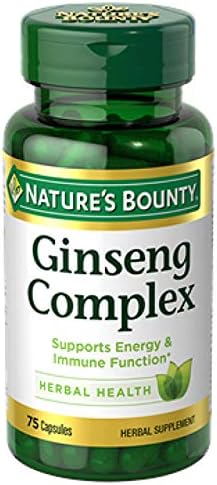
Another ancient remedy, ginseng is famous for its anti-aging effects that seem to defy logic. In reality, ginseng’s magic stems from its connection to collagen. Ginseng helps supplement collagen on muliple fronts. On one hand, Ginseng protects existing collagen by mitigating harmful effects from UV rays. On the other hand, Ginseng also contributes to collagen production, replacing aging proteins with fresh ones.
Nature’s Bounty capsules are a great choice for ginseng supplements.
For how important collagen is to our lives, it’s almost scary how often we neglect it. Although it may be tough to start, a collagen-heavy diet can make a big change in your life.
